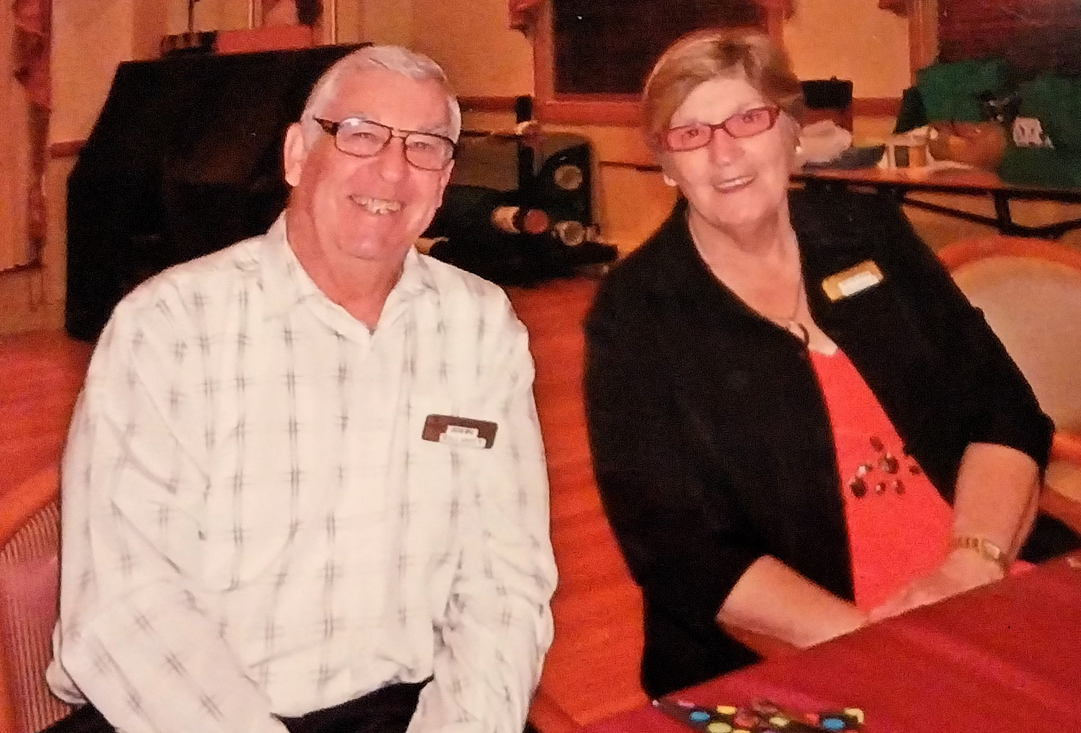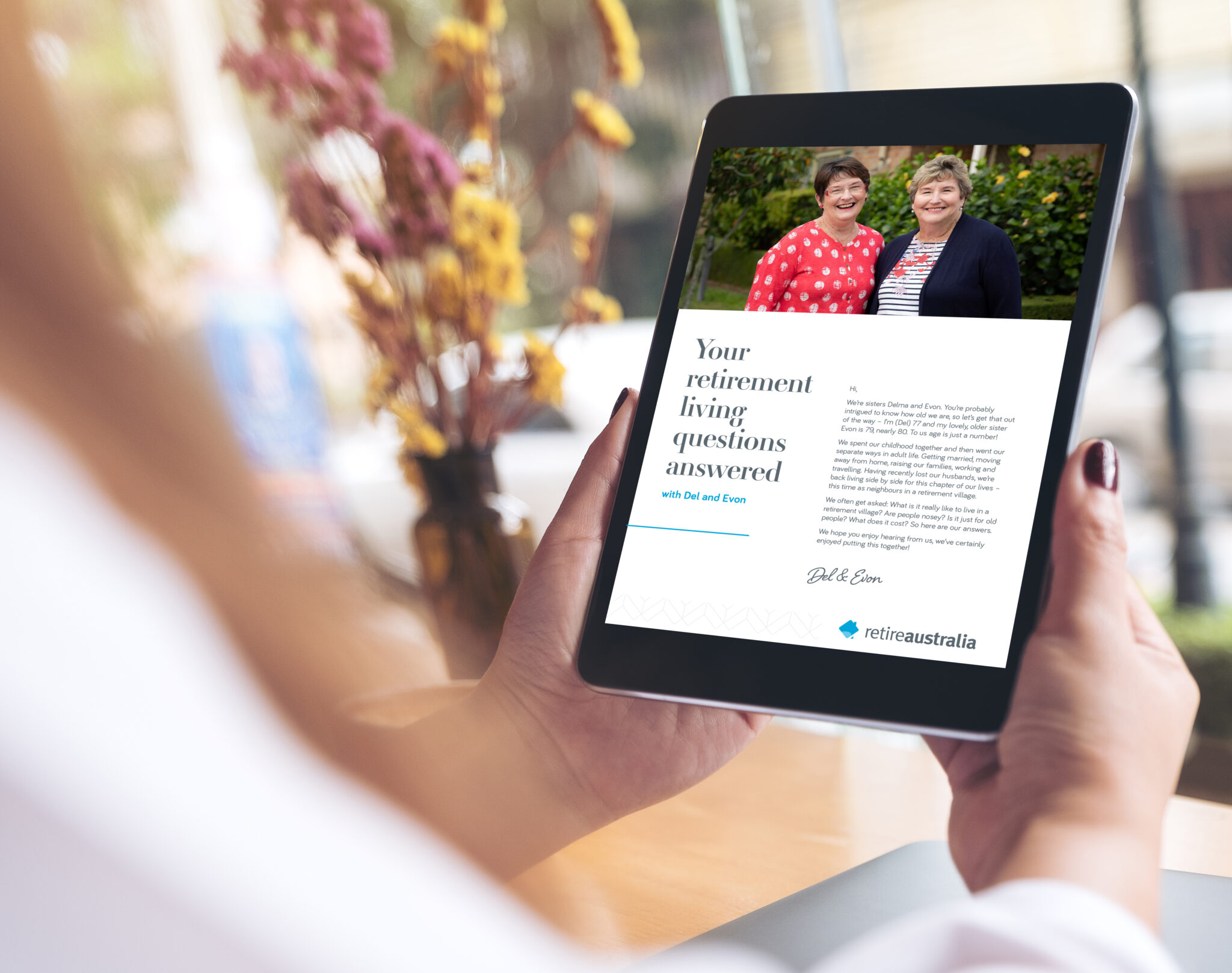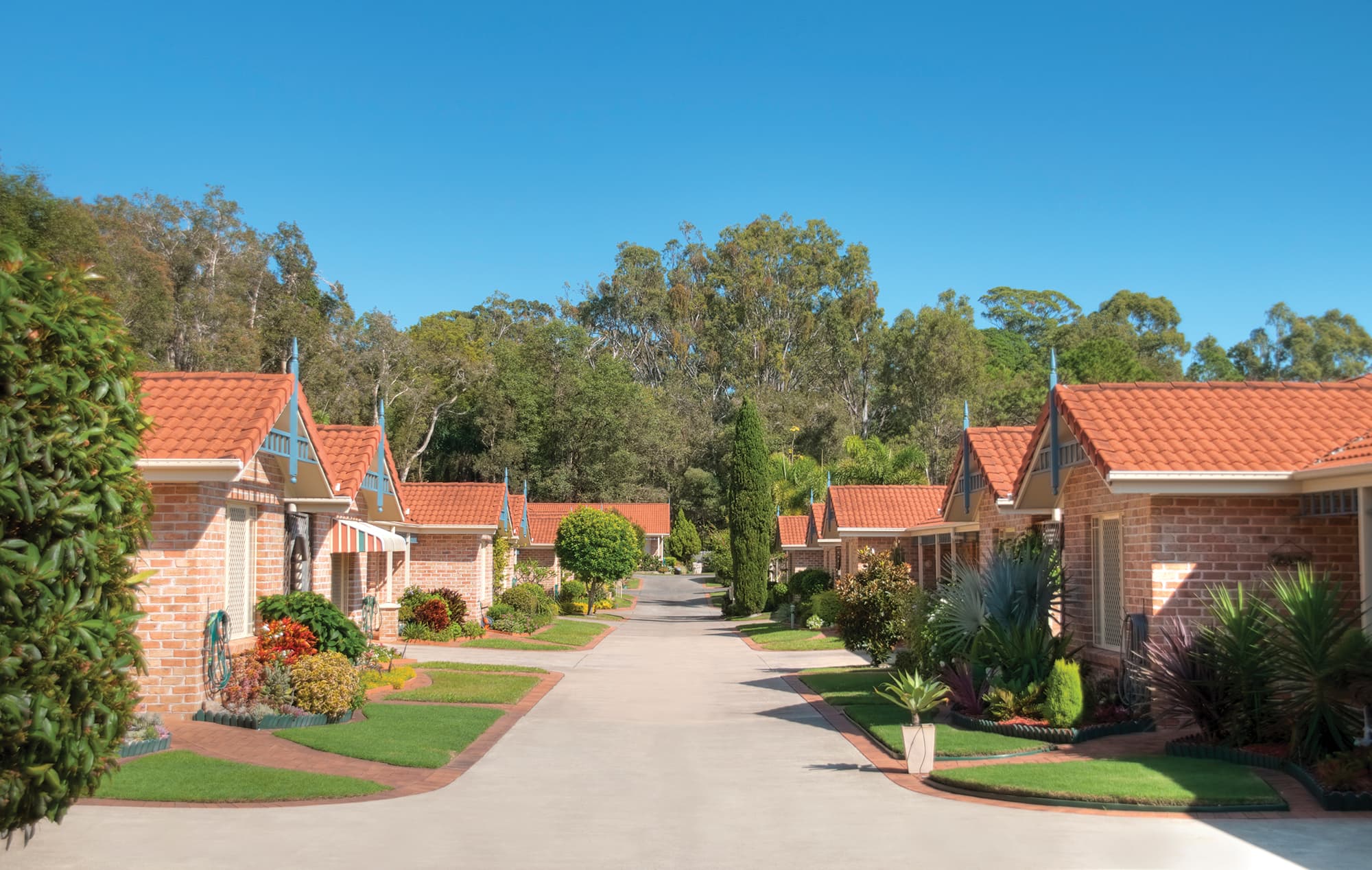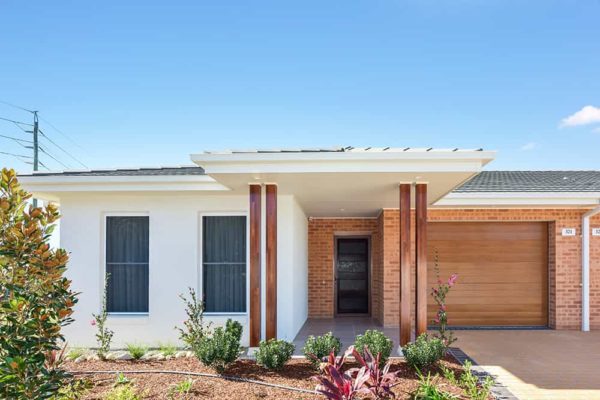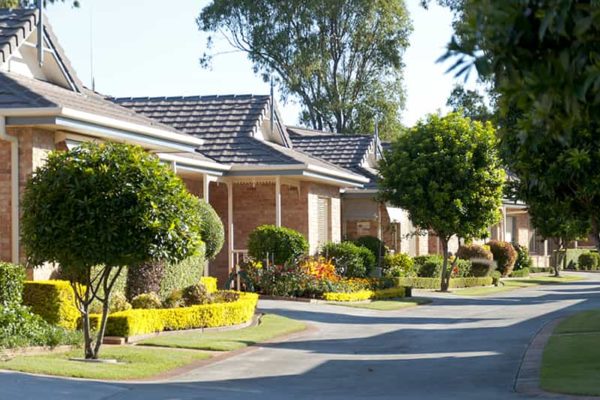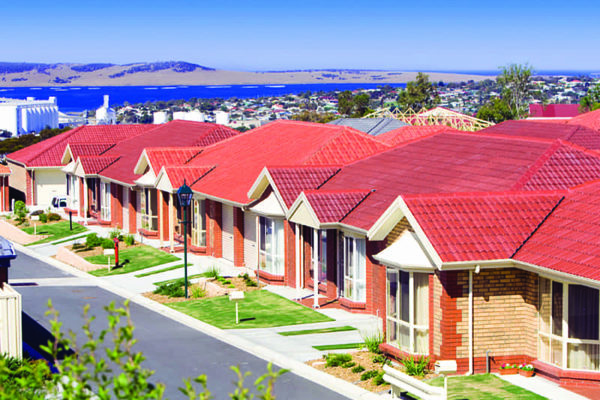As we age, our vision will diminish, making it more difficult to read or perform common tasks that we once took for granted.

Deterioration of vision is just a normal part of the ageing process and for most of us prescription glasses will allow us to function without too much difficulty. But for some, loss of vision can be far more serious as it impacts the ability to enjoy everyday activities.
According to the World Health Organisation, it is estimated that 500,000 Australians are vision impaired and that number is expected to double by 2020.
If not treated early, cataracts, glaucoma and less well-known conditions such as diabetic retinopathy, age-related macular degeneration, retinitis pigmentosa and homonymous hemianopia can lead to blindness.
According to the 2016 National Eye Health Survey, 90 percent of vision impairment and blindness is preventable and treatable and it is recommended that adults have a full eye health check at least every two years.
Seek assistance
If you have reached a stage where, despite wearing your glasses, problems with your vision are impacting your enjoyment of life, the Royal Society for the Blind (RSB) provides a range of products and services that can be of assistance, and you don’t have to be ‘blind’ to qualify.
The RSB’s adaptive technology centre displays a range of products that can minimise the difficulties faced by people with low or diminishing vision, from simple low-tech devices that can help thread a needle or magnify the words in a newspaper or book, to the latest hi-tech gadgets and apps that can translate vision to audio or help you find your way to a new destination.
Low vision assessments
Of course, all of the technology in the world is of little help if it isn’t suited to your individual needs, or requires training to use it. For this reason, the RSB recommends an assessment at their low vision centre to determine exactly what your issues are and the best ways to address them. This assessment goes beyond the type of service generally available from your regular optometrist and is performed by experts in the field of vision loss. In fact, many optometrists will refer their patients to the RSB when it becomes clear that glasses can no longer fully address the problem.
Once the results of your assessment have been determined, the RSB works with you to develop tailored strategies to managethe specific problems you face. It may be as simple as a magnification device, an alarm clock that tells you the time or an alarm that let’s you know when you’ve poured enough hot water into your coffee cup.
Improve your confidence
If you are concerned about falling as a result of your vision, you can make an appointment with an RSB mobility specialist who will analyse your personal situation. The specialist will help you with strategies to remain safe and improve your confidence at home and in the community. Some people also choose to use a white cane and a smaller number may benefit from a guide dog.
Your home environment can be assessed and solutions can be designed specifically for you. Trained counsellors are also available to help you adapt to changes in your life and there are activities to get you back on track doing the things you enjoy.
Founded in 1884, The Royal Society for the Blind continues to support people with vision loss to improve the quality of their lives and independence and to increase participation and connection in the community. To find out more, call 1300 944 306 or visit rsb.org.au.
